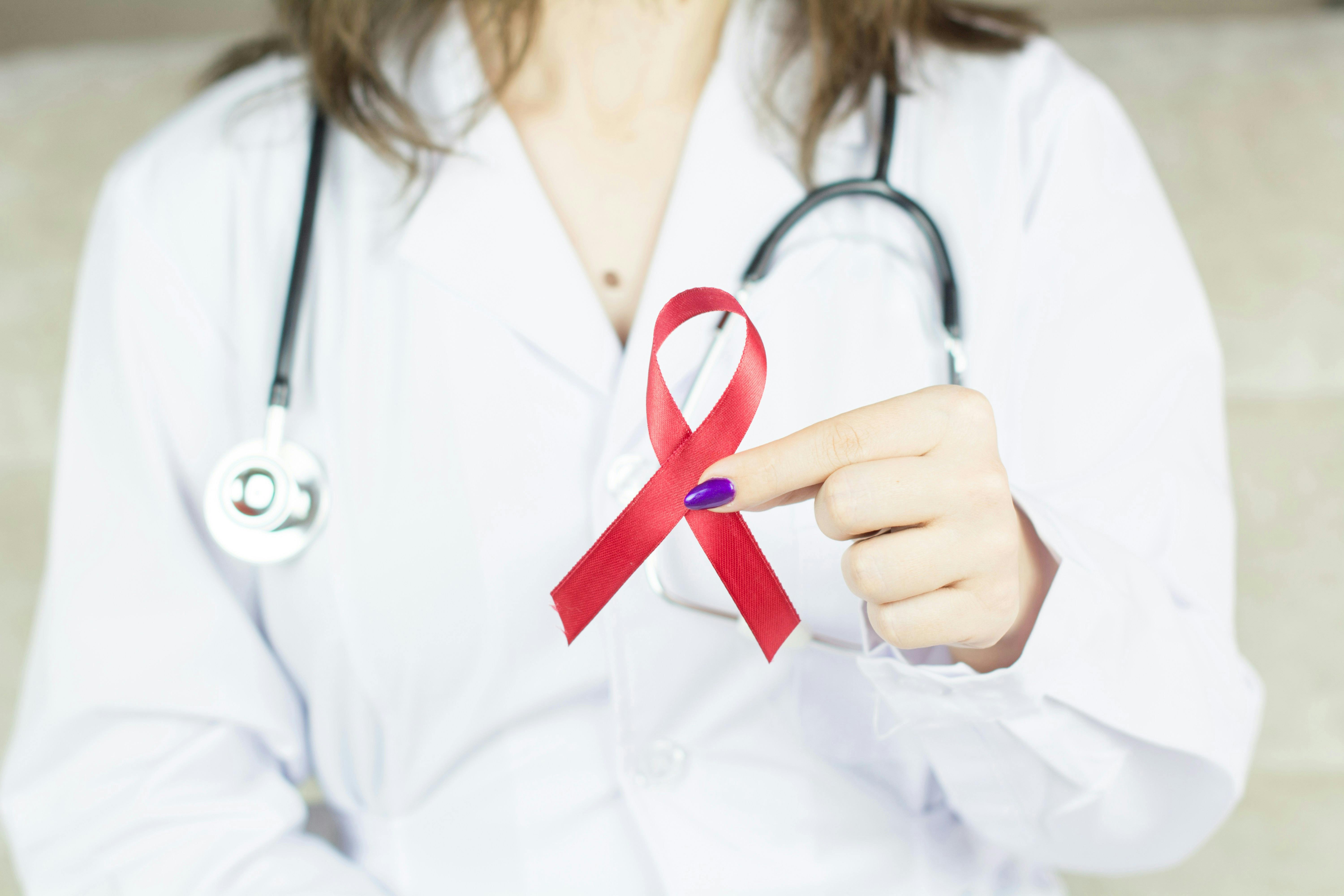By Tajinder Tiwana, Account Director, Incisive Health
World AIDS Day serves as a poignant reminder that the fight against HIV/AIDS is far from over. It is a call to action for individuals, communities, and policymakers to renew their commitment to achieving an AIDS-free generation. Global health policies must adapt to evolving challenges, prioritise inclusivity, and allocate resources strategically to ensure that no one is left behind in the pursuit of better health for all.
Challenges and the path forward
Over the past 40 years, global efforts against HIV/AIDS have achieved remarkable progress in prevention, treatment, and care. Community advocacy and global health policies have expanded access to HIV testing, and antiretroviral therapy (ART) has transformed HIV into a manageable chronic illness with the Undetectable = Untransmittable (U=U) message empowering individuals. However, challenges persist.
Persistent stigma and discrimination can hinder testing, treatment, and initiatives. Fear of judgment may deter individuals from seeking care and disclosing their HIV status. Continuous community engagement and education are crucial for sustaining the progress made. Promoting awareness, dispelling myths, and fostering understanding are ongoing efforts necessary for effective prevention and treatment.
Disparities in access to healthcare, particularly in resource-limited settings, likewise pose a significant challenge. Adequate healthcare infrastructure, personnel, and resources are essential to reach all affected populations.
Sufficient and sustained funding is crucial for HIV prevention, treatment, and research. Funding shortages can limit the scale and effectiveness of interventions, hindering progress toward the 2030 elimination goals.
Finally, while progress has been made in preventive measures such as condom distribution, pre-exposure prophylaxis (PrEP), and education, there are still gaps in reaching all at-risk populations wherever they are in the world.
A call to action
To address these challenges key priority actions include:
Conducting targeted anti-stigma campaigns and community education to dispel HIV/AIDS misconceptions, and foster understanding through awareness initiatives, involving both healthcare providers and the public, to create a supportive environment for individuals living with HIV.
Building and strengthening healthcare infrastructure in resource-limited settings by increasing personnel, improving facilities, and ensuring essential resource availability.
Exploring innovative solutions like telemedicine to extend healthcare services to remote areas with limited access.
Advocating for increased domestic and international funding for HIV prevention, treatment, and research. Encourage commitment from governments, international organisations, and private donors.
Strengthening and expanding existing preventive strategies (condom distribution, PrEP, education) and implement community-based initiatives, where outreach efforts can be targeted to key populations to reduce new HIV infections.
In commemorating World AIDS Day, let us reaffirm our collective dedication to building a world where HIV/AIDS is not only treatable but preventable, and where the principles of equity and justice guide our path toward a healthier tomorrow.
